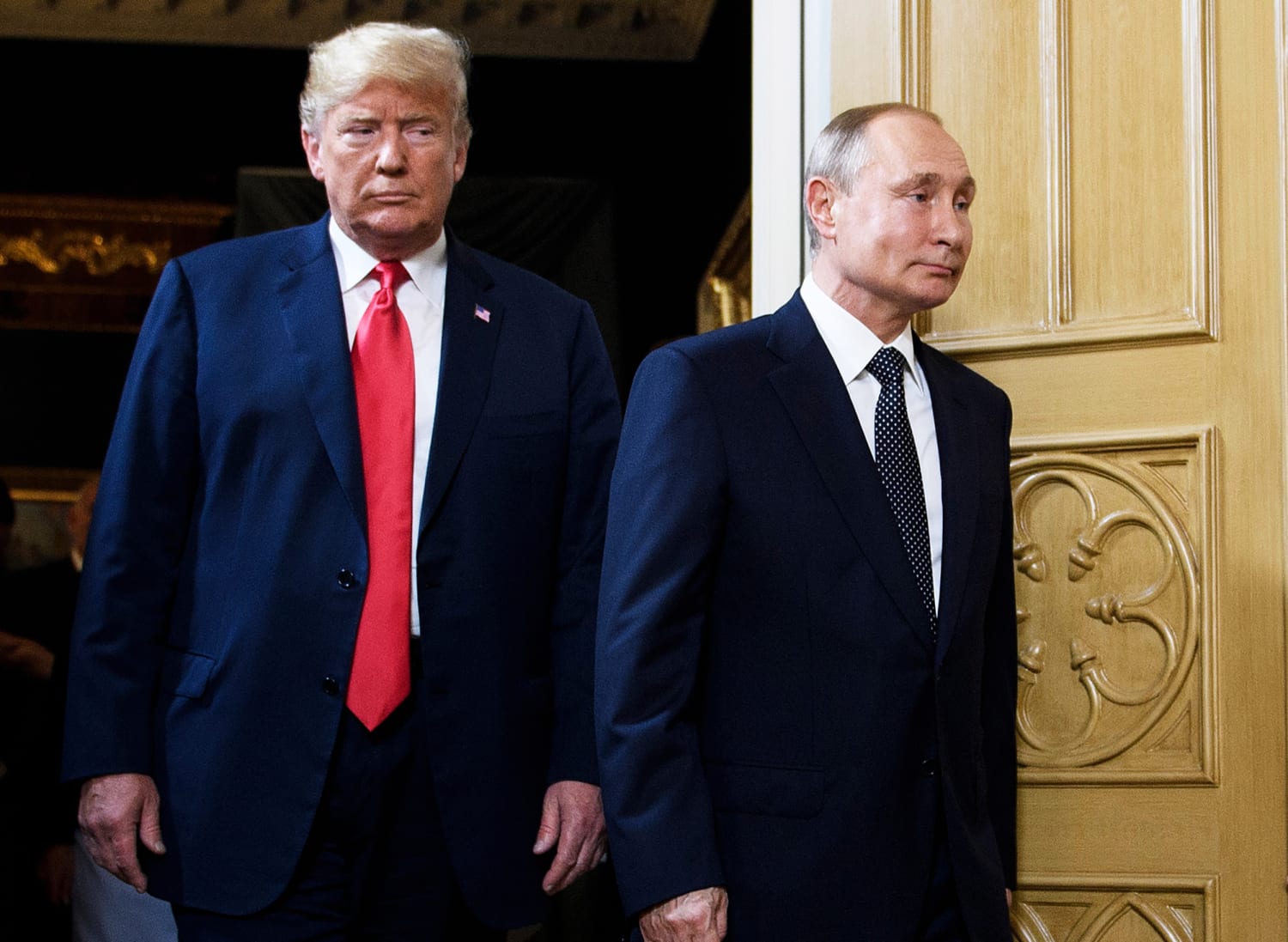No one talks to the despot

This is a fascinating interview with the historian of Russia Stephen Kotkin, best-known for his multi-volume biography of Stalin (The third of three volumes is forthcoming).
Kotkin has in my view a somewhat romanticized view of what he calls “the West,” but his placement of Putin’s regime within the context of Russian history and culture, and his. analysis of its strengths and weaknesses, seems quite valuable at the moment. Some excerpts:
War usually is a miscalculation. It’s based upon assumptions that don’t pan out, things that you believe to be true or want to be true. Of course, this isn’t the same regime as Stalin’s or the tsar’s, either. There’s been tremendous change: urbanization, higher levels of education. The world outside has been transformed. And that’s the shock. The shock is that so much has changed, and yet we’re still seeing this pattern that they can’t escape from.
You have an autocrat in power—or even now a despot—making decisions completely by himself. Does he get input from others? Perhaps. We don’t know what the inside looks like. Does he pay attention? We don’t know. Do they bring him information that he doesn’t want to hear? That seems unlikely. Does he think he knows better than everybody else? That seems highly likely. Does he believe his own propaganda or his own conspiratorial view of the world? That also seems likely. These are surmises. Very few people talk to Putin, either Russians on the inside or foreigners.
And so we think, but we don’t know, that he is not getting the full gamut of information. He’s getting what he wants to hear. In any case, he believes that he’s superior and smarter. This is the problem of despotism. It’s why despotism, or even just authoritarianism, is all-powerful and brittle at the same time. Despotism creates the circumstances of its own undermining. The information gets worse. The sycophants get greater in number. The corrective mechanisms become fewer. And the mistakes become much more consequential.
We’re talking, at most, about six people, and certainly one person as the decision-maker. This is the thing about authoritarian regimes: they’re terrible at everything. They can’t feed their people. They can’t provide security for their people. They can’t educate their people. But they only have to be good at one thing to survive. If they can deny political alternatives, if they can force all opposition into exile or prison, they can survive, no matter how incompetent or corrupt or terrible they are.
What accounts for the “popularity” of an authoritarian regime like Putin’s?
They have stories to tell. And, as you know, stories are always more powerful than secret police. Yes, they have secret police and regular police, too, and, yes, they’re serious people and they’re terrible in what they’re doing to those who are protesting the war, putting them in solitary confinement. This is a serious regime, not to be taken lightly. But they have stories. Stories about Russian greatness, about the revival of Russian greatness, about enemies at home and enemies abroad who are trying to hold Russia down. And they might be Jews or George Soros or the I.M.F. and NATO. They might be all sorts of enemies that you just pull right off the shelf, like a book.
We think of censorship as suppression of information, but censorship is also the active promotion of certain kinds of stories that will resonate with the people. The aspiration to be a great power, the aspiration to carry out a special mission in the world, the fear and suspicion that outsiders are trying to get them or bring them down: those are stories that work in Russia. They’re not for everybody. You know many Russians who don’t buy into that and know better. But the Putin version is powerful, and they promote it every chance they get.
You have to remember that these regimes practice something called “negative selection.” You’re going to promote people to be editors, and you’re going to hire writers, because they’re talented; you’re not afraid if they’re geniuses. But, in an authoritarian regime, that’s not what they do. They hire people who are a little bit, as they say in Russian, tupoi, not very bright. They hire them precisely because they won’t be too competent, too clever, to organize a coup against them. Putin surrounds himself with people who are maybe not the sharpest tools in the drawer on purpose.
That does two things. It enables him to feel more secure, through all his paranoia, that they’re not clever enough to take him down. But it also diminishes the power of the Russian state because you have a construction foreman who’s the defense minister [Sergei Shoigu], and he was feeding Putin all sorts of nonsense about what they were going to do in Ukraine. Negative selection does protect the leader, but it also undermines his regime.
One notable aspect of this interview is that there’s no hint in it that the analysis of a regime run by a megalomaniacal authoritarian kleptocrat who surrounds himself with comically incompetent sycophants might be of some, shall we say, domestic relevance in the United States at this particular moment.
That aside, this s a really interesting glimpse into contemporary Russia, through the eyes of one of the most eminent Western scholars of that great and troubled nation.


